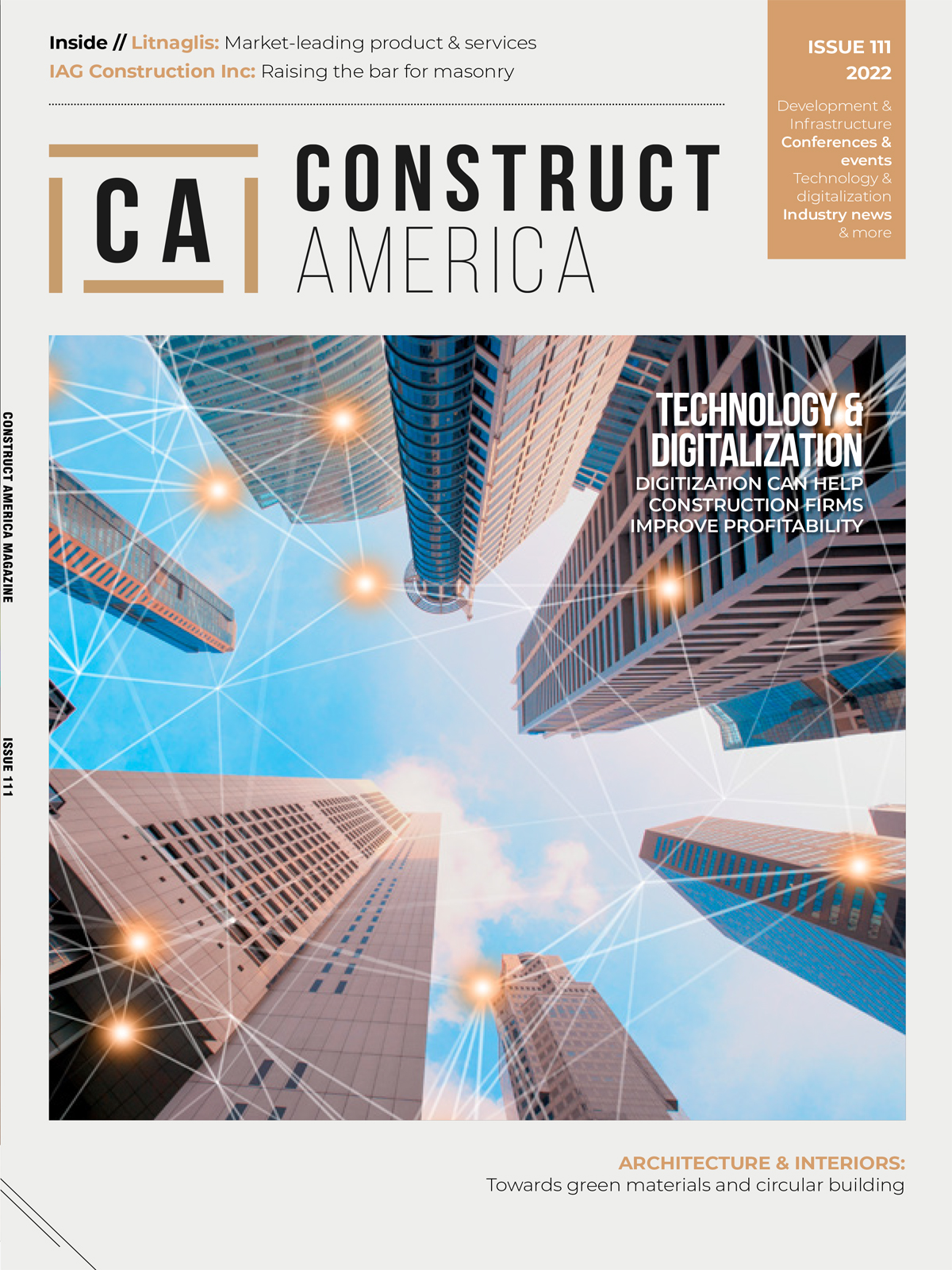Technology analysts identify six traits of best-in class workspaces : Series of Interviews with High-Profile Office Operators and End-Users Reveal Building Blocks Underpinning Effective Workspace Transformation
New York – A new IDC InfoBrief commissioned by essensys, the leading global provider of software and technology to the fast-evolving office space sector, has identified a vision of the best-in-class office that can be used to create an effective framework for office providers and occupiers across the globe. The InfoBrief, titled “Defining the Building Blocks for Best-in-Class Workspaces,”* outlines the elements needed to enable hybrid work and support the changing needs of employees, occupiers and space providers amid a global push to attract and retain talent within a hybridizing workplace market.
The IDC InfoBrief found that in the past, office space design would come first and then work activities would follow. The focus is now increasingly on work activity: decide the purpose of the work and then flex the space accordingly. However, it highlighted that many office space providers encounter challenges in responding quickly and efficiently to the constantly evolving requirements of occupiers and their employees.
According to a 2021 IDC Future Enterprise and Resilience Survey, investments in workplace transformation initiatives were a priority for most occupiers, even among those with lower 2021 spending levels. 42 percent said that this is a top tech investment, ahead of digital trust and customer experience programs. Further to this, the IDC InfoBrief identifies technology as the underlying foundation of what offices need to stay viable for the future.
Mich Heys, VP of IDC’s Future of Workplace and Imaging practice in Europe, said, “Our research demonstrates that no one has cracked the code to workspace transformation yet, but investment into technology is crucial for doing so. There is a clear framework for the building blocks for success and a clear roadmap for evolution and maturity in how digital enablement of spaces is approached.”
To arrive at these findings, IDC conducted in-depth interviews with leading flexible workspace operators and enterprise occupiers. Via this research, IDC identified a best-in-class workspace framework to keep pace with fast evolving market dynamics as defined by the world’s leading office stakeholders.
The Framework elements are: 1) Flexible space management, analysis and reporting 2) Digital infrastructure, 3) Security 4) User experience and 5) Marketing, sales and billing.
Through this framework, IDC identified six building blocks that office operators and employers need to deliver spaces that will help drive talent retention and acquisition amid the hybrid work revolution: 1) Consistent experiences, 2) Specific workplace purposes, 3) Seamless journeys across workspaces, 4) World-class service delivery, 5) Measurability and, most importantly as a foundation, 6) Integrated technology excellence.
“At this point of inflection in the office market, delivering best-in-class workspaces is critical for attracting and retaining today’s occupiers and their talent,” said Jeremy Bernard, CEO, North America, essensys. “The insights from IDC’s InfoBrief underscore the importance of adopting a holistic approach to workplace technology deployment. Staying agile and responsive to employees’ needs will keep owners and occupiers alike competitive as real estate strategies and requirements continue to change.”
A strategic real estate strategy that offers premium user experiences and aligns to employees’ needs can help deliver optimal business outcomes. Technology is a critical component to being able to adapt rapidly and effectively to changing office requirements across core workspaces while providing a seamless experience that helps foster company culture. Yet, the future has never been this uncertain for the office market. Stakeholders across the office ecosystem need to understand that workspace transformation is not just one moment in time. Constant monitoring, adaption and real-time optimization are central to achieving and maintaining a best-in-class workspace.
The IDC InfoBrief offers a maturity model to identify the stages of workplace technology adoption. For flexible workspace operators and landlords alike, this model provides key indicators to assess where there may be gaps and opportunities while reevaluating the office propositions they provide. A holistic and integrated technology roadmap rather than isolated investments can help achieve a best-in-class workspace in line with market demands. In this journey, user experience is paramount to ensuring successful workspace transformation today and in the future.
Construct America Magazine | The Home of Construction Industry News




















